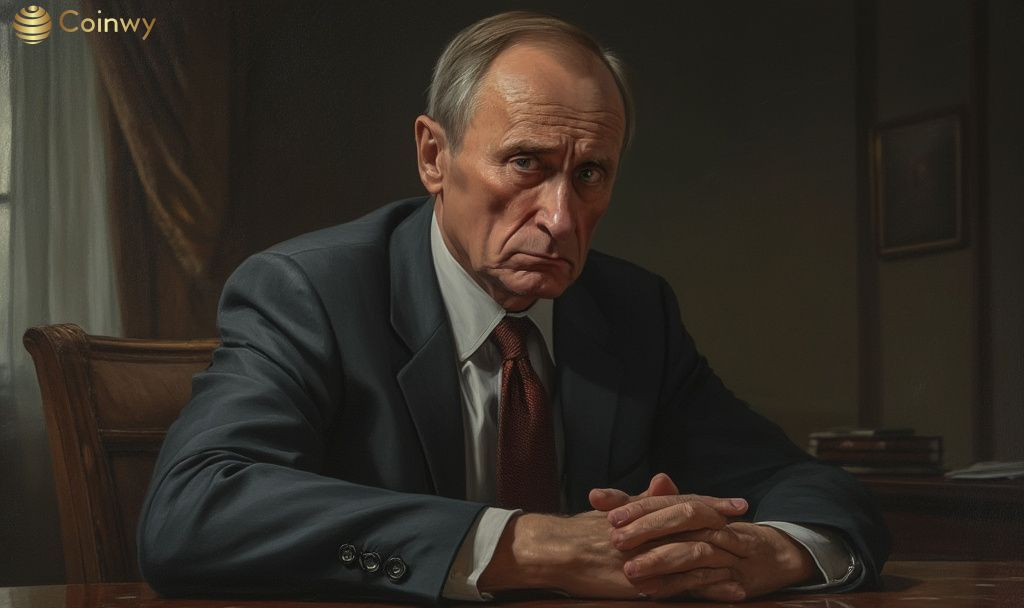- Minister warns of economic “hypothermia,” risking recession.
- High interest rates stifle economic growth.
- Inflation slowing raises concerns of overcooling economy.
Russian Economy Minister Maxim Reshetnikov alerted the government regarding the risks of a cooling economy. The central bank’s policies have contributed to this, leading to concerns of economic “hypothermia.” Interest rates have remained high, affecting overall growth.
Reshetnikov stressed the urgency during a session in the State Duma, highlighting the disconnect between current monetary policy and economic needs. Measures are necessary to prevent further cooling, he emphasized, reflecting concerns voiced by President Putin. “We expect that May data will consolidate this trend [of slowing inflation] and we of course expect that the central bank will duly take this into account when taking decisions because we also see risks of economic hypothermia in the current regime.” – Maxim Reshetnikov, Minister of Economic Development of the Russian Federation
High interest rates affect key sectors, reducing investment and economic activity. Major exporters like Rusal and Gazpromneft reduced output plans, demonstrating tangible impacts on industries due to subdued demand and heightened borrowing costs.
Financially, the forecast for inflation is realistic at 7.6% for 2025. The Central Bank’s actions should adapt to the slowing inflation, prompting hopes of revised monetary strategies to support economic recovery.
The Russian economy faces potential recession risks amid prolonged cooling trends. Adjustments in monetary policy could prevent a deepening economic crisis. Analysts closely watch upcoming bank decisions and their impacts.
Historical trends show repeated cycles of overheating and cooling in Russia’s economy. Balancing these fluctuations is critical, as tight policies may hinder sustainable growth. Market reactions will likely shape future economic strategies.






